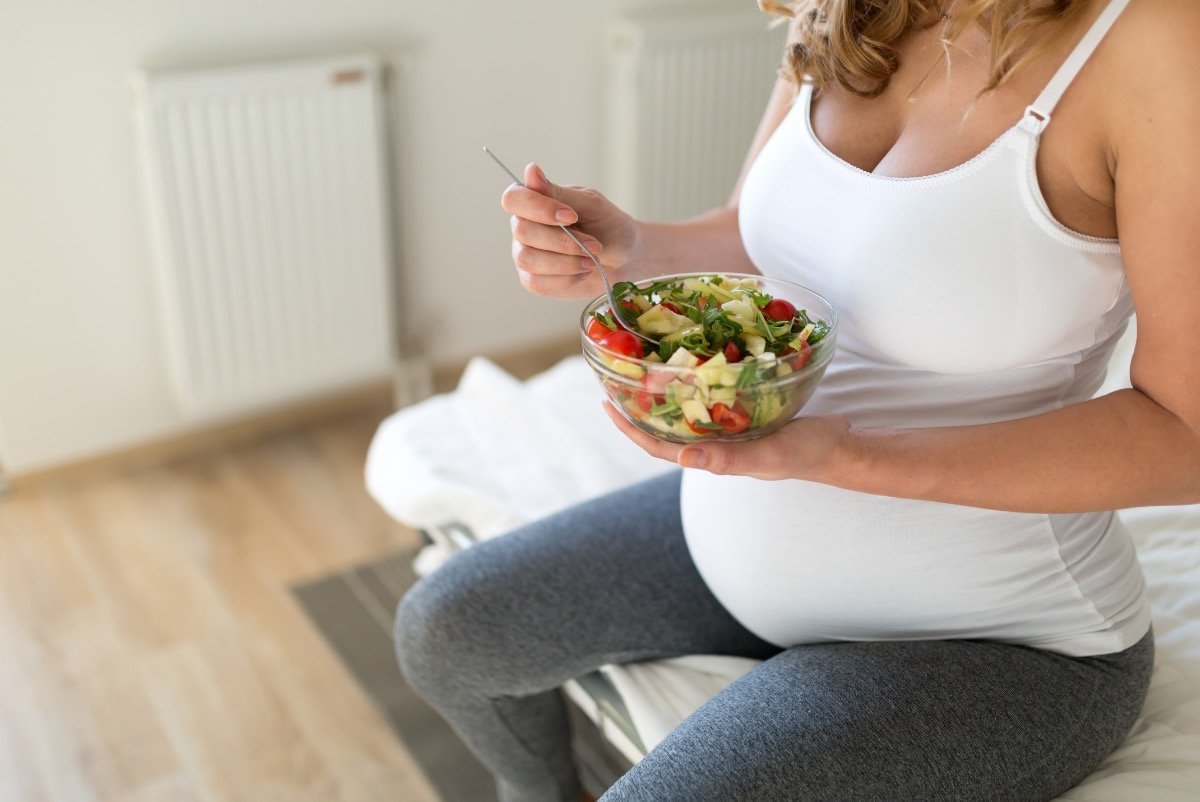8 changes that happen in the body during pregnancy
Both the woman and the attending physician must monitor the status of all systems to be able to notice possible problems on time.

The pregnancy of a woman lasts an average of 280 days. From the first days, the female body is completely rebuilt to prepare for childbirth and the birth of a new person. There is no fabric or organ that does not participate in this transformation process. It is then when the changes begin to be noticed, with some negative factors that sometimes scare and let them not enjoy this stage so precious and wonderful. But it is important to be aware that each body adapts to a new state and that there are also remedies to relieve discomfort.
These are the eight most common changes that happen during pregnancy. Beyond understanding its causes, remember that the most important thing is to always consult any questions with your doctor.
- Changes in mood: They are the ones that first enter into force. Chorionic gonadotropin, or pregnancy hormone, notifies the entire body about its new condition on 6-8. The crying and vulnerability of pregnant women, whims, humor changes ... All of them are a consequence of hormonal changes.
Advice: It is highly recommended to exercise, preferably outdoors. Physical activity helps regulate our emotional state. It is also very important to remember that if there are excess emotions we have to take them out, since accumulating generate a psychosomatic effect.

- Nausea and vomiting: Changes in the nervous system cause these discomfort during the first half of pregnancy. During this period, excitation processes prevail over inhibition processes. But in the second half of pregnancy, inhibition processes gradually take care. This is usually associated with the typical drowsiness and weakening of the cognitive functions of a pregnant woman. The body makes this sacrifice to soften the impact of childbirth.
Advice: The remedy is the same as that of the previous point. It would be necessary to add a good diet, balanced and full of the necessary vitamins.

- Greater heart rate: With pregnancy appears a third circle of blood circulation, the uterus-placentary, through which the fetus receives the maternal blood. This causes changes at the cardiovascular level. Body weight and circulating blood volume increase from 4000 to 5200 ml on average. Because of this, the volume of the heart rate is also increased, that is, the amount of blood that pumps the heart during the contraction.
Advice:A healthy body can keep the heart in good condition exercising, but in the rest of the cases medical accompaniment is needed.

- More difficult digestions: The digestive system copes a greater load during pregnancy. First, the secretion of gastric juice is inhibited, so the digestion process slows down. Second, the blood supply towards this area does not increase, since blood is needed for the baby. Therefore, intestinal peristalsism weakens. This is why pregnant women often complain about constipation.
Advice: A fractional nutrition plan for pregnant women in recent weeks is recommended. The most recommended are frequent meals in small portions.

- Heavier breathing: The lungs and other organs of the respiratory system also adapt to the increase in load. More oxygen is needed, but at the same time the growing belly holds the chest and exerts pressure on the diaphragm. The lungs increase wide and the frequency of breathing increases.
Advice: The practice of meditation is beneficial, since it helps us breathe better and reinforce the lungs.

- More desire to urinate: The excretory system also works for two, eliminating the toxins produced by two organisms, that of the mother and the child, of the blood. Therefore, the daily urine volume can increase. At the same time, the bladder is hypotonic due to the prostaglandin hormone.
Advice: Here the only possible remedy is not to endure much so as not to force the bladder even more.

- Back pain: The main changes in the spine occur under the weight of the growing abdomen. Lumbar lordosis becomes deeper, so the woman can suffer back pain due to an unusual curve. Shortly before delivery, the body begins to secrete hormones that contribute to the softening of the joints. This is necessary for the baby's head to pass through the mother's pelvis without injuring himself. Due to these hormones, limb joints can also loosen a little, so the pregnant woman develops a characteristic walk.
Advice: Practice pilates or yoga for pregnant women. These activities offer different types of special stretching appropriate to this stage of life.

- Weight gain: The body of pregnant woman has a different metabolism, since it needs to accumulate enough nutrients and water throughout the process. Normally, weight gain should not exceed 12-15% compared to the weight before pregnancy. In addition, the need for vitamins increases, especially those substances that the body cannot synthesize on its own.
Advice: Includes foods that are beneficial for metabolic processes, such as dairy products, fruits and bird meat.



